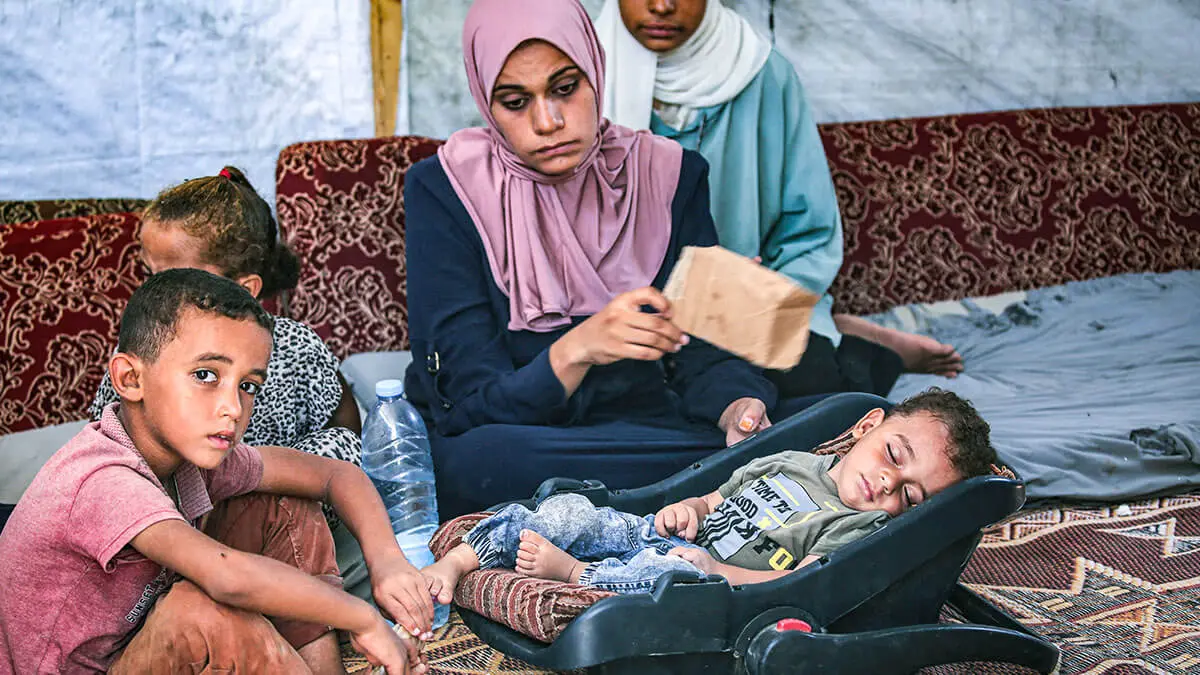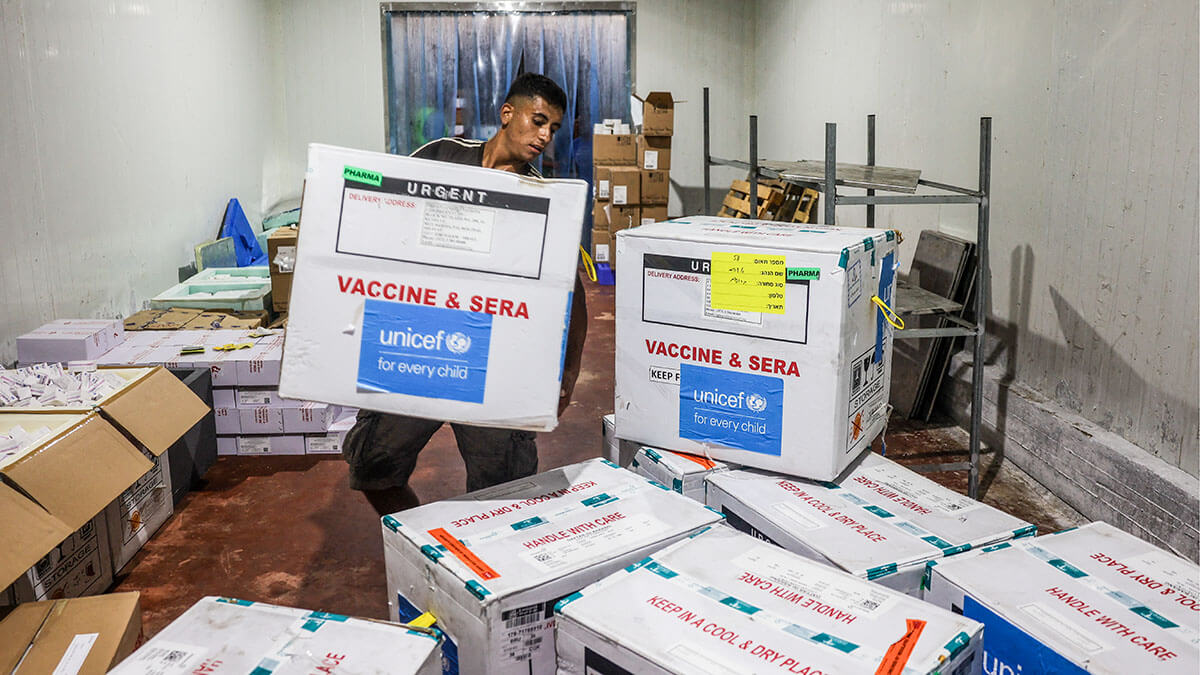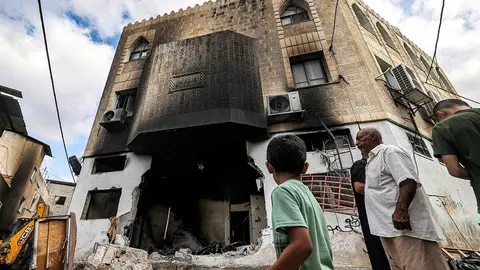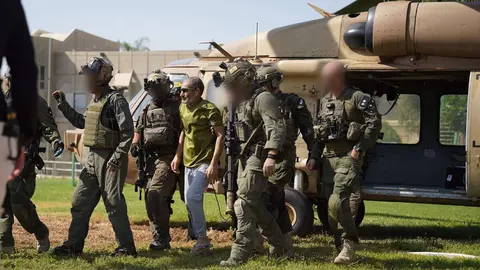Israel accepts ‘humanitarian pauses’ for polio vaccination in Gaza

Israel agreed to at least three days of ‘humanitarian pause’ in Gaza to allow UN health officials to administer polio vaccines in the Palestinian territory, the World Health Organisation (WHO) said on Thursday.
‘According to what we discussed and agreed, the campaign will start on September 1, in central Gaza, for three days, and there will be a humanitarian pause during the vaccination,’ said Rik Peeperkorn, the agency's representative for the Palestinian territories.
The vaccination campaign will also cover southern and northern Gaza, which will each have three days in turn, Peeperkorn told reporters, adding that Israel, which is waging a war there against the Islamist Hamas movement, agreed to allow an extra day if necessary.
The goal is to immunise more than 640,000 children under the age of 10.

‘We underline the crucial importance of all parties honouring their commitments,’ WHO Deputy Director-General Michael Ryan told the UN Security Council.
He said 1.26 million doses of NoPV2 vaccine have already been shipped to Gaza, with another 400,000 doses still to arrive.
The drug is administered orally in two drops, although health workers will have to return in four weeks to administer two more to each child. So far, there has been no public discussion of a further humanitarian pause.
Oren Marmorstein, Israel's foreign affairs spokesman, confirmed on social networking site X that his government ‘has coordinated a large-scale operation with WHO and Unicef to vaccinate children in the Gaza Strip against polio’.
Hamas, for its part, said it supports the ‘UN humanitarian truce’.
Robert Wood, US deputy ambassador to the UN, said it was ‘vital that this campaign be carried out without delay’ and called on Israel to ‘facilitate access’ and ‘ensure periods of calm’ in the conflict.
Poliovirus is highly infectious and is most often spread through sewage and contaminated water, an increasingly common problem in Gaza, with much of the infrastructure destroyed.
The disease mainly affects children under the age of five. It can cause deformities and paralysis and is potentially fatal.










